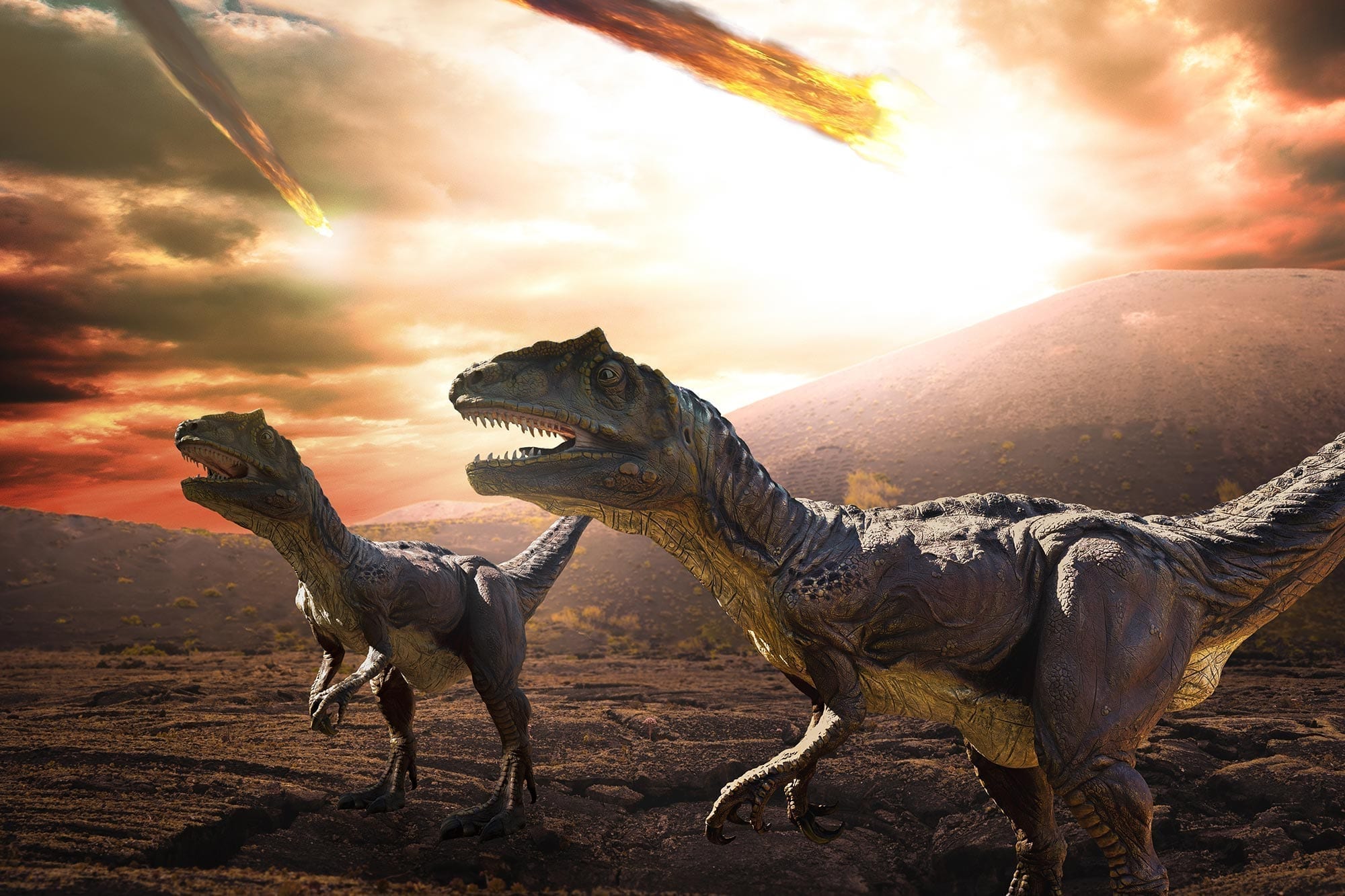The coronavirus is the hotel industry’s mass extinction event. When the asteroid struck the planet around 66 million years ago, it caused climate change. The dinosaurs could not adapt fast enough and most went extinct. The same process is about to play out in the hospitality business. Adapt or die.
Speak to any hotel director today, and they will tell you the many headaches that they are currently facing. When should we open? When will the Borders Open? How do I forecast occupancy for the next 12 months with so much uncertainty? Is my job safe?
We are in unprecedented times where no expert can predict the future, and I am no different. Common sense tells us though that occupancy levels in hotels will be very low well into 2021. As every day goes by a more precise picture is emerging that this crisis is going to affect the tourism industry more profoundly and for longer than other sectors with Airlines, OTA’s, Hotels and Restaurants all laying off staff as they face a new reality.
So the question all hotels owners and directors should be asking themselves is, how can I make my hotel more profitable. Lower-income expectation means a requirement to match staff levels to service a much lower occupancy level to survive. The hotels that can reconfigure their human resources will be best placed once tourism starts its long road to recovery.
So how can hoteliers achieve this?
One of the ways is that hoteliers will need to identify which of their staff can multi-task. Which staff members can check-in a guest and then serve them food in the bar or restaurant afterwards. Having employees that are able, and more importantly, are prepared to do this will allow hotels to open with much-reduced staffing levels. A typical 4* hotel of 100 rooms could open with as little as 4-5 employees with a 20% occupancy. This is entirely feasible. The critical point is that over the next 2-3 years, hotels will be fighting for their very survival. Implementation of drastic measures now will be vital to surviving this crisis.
The owner, as well as hotel chains, will also need to make certain judgements. They will need to ask whether a general manager that cannot or will not help out with serving the guests is required. Are heads of departments needed when occupancy levels are around 30%? The fundamental question they will need to ask is what is the minimum possible staff required for the hotel to function.
Now, most hotel directors or general managers would not recommend to an owner/manager that they are not needed. Turkeys don’t vote for Christmas. But the premise is that in unprecedented times, difficult decisions need to be made. Hotels should be striving to become more profitable and being able to operate profitably on lower occupancy levels. This is the new normal.
The business model by some chains to lease or rent hotels are on life support right now and their future as a profitable business moving forward is clearly in question. Yet by contracting staff that can work in multi departments, hotels can streamline their operations so as minimize their losses as most do not become profitable until at least 50% occupation on similar ADR levels in 2019.
Moving into the future, being more profitable will allow hotels to build capital reserves that can be a buffer in the next crisis. As this virus has shown, a government can stop your activity overnight. Hoteliers must implement new technology to improve staff productivity. This will ultimately lead to a reduction in staffing levels as it has done in most other industries, yet hotels can become more dynamic. Self-service check-ins, app-based room keys can all improve guest satisfaction, freeing up the receptionist team to cover the bar.
The new normal is that no one employee, including heads of departments and directors, should be pigeonholed.
“Once a receptionist, always a receptionist”. Training them to be versatile in all departments will allow them to grow within the industry. Their opportunities for promotion will be increased. They will become the new in-demand employee and the hotels will be wise to recruit them if they not already on the team.
Over the last few weeks, Hotelient has been inundated with questions from owners and managers alike in how they should approach this crisis. The critical question we all need to ask AND have an answer to is, can I make my hotel profitable based on 30% occupancy with a lower ADR to that of 2019? Thinking out the box and thinking the unthinkable just to get you to answer YES will give you every chance to survive this crisis. If NO, then the next question is:- do I lose more money remaining closed than opening with low occupancy. It is that simple.
If you are unsure which is the best strategy for you, or would like us to evaluate your operation and provide you with the right plan moving forward, please request an initial complimentary consultation.



Very interesting article. Makes sense . That John Kearny knows his onions.